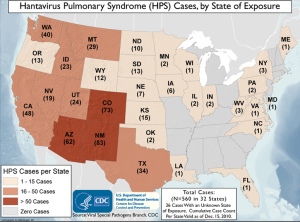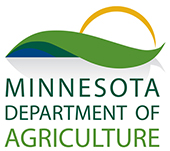Minneapolis, St. Paul, Minnesota Mice, Mouse Rodent Control
Recognizing Mouse Infestations
Droppings, fresh gnawing and tracks indicate areas where mice are active. Mouse nests, made from fine shredded paper or other fibrous material, are often found in sheltered locations such as the basement and the attic areas.They have a characteristic musky odor that identifies their presence. Mice are nocturnal by nature, but will be seen occasionally during daylight hours if there are several mice competing for the same food source.
Sanitation
Effective mouse control involves sanitation, mouse proof construction and population reduction. The first two are useful as preventive measures. When a mouse infestation already exists, some form of population reduction is almost always necessary. Reduction techniques include trapping and poisoning.
Why Should I Be Concerned About Rodents?
Rodents, which can be hard to control, may also be harmful, contaminating food and spreading diseases.
Rodent infestation in and around the home remains the primary risk for hantavirus. Proper removal of any animal droppings, along with sanitation is absolutely necessary. If your home was invaded by any of these animals and they made a mess, we can help you. A professional wild animal management company can properly and safely remove the droppings and sanitize the area, ensuring it is clean. The problem with doing it yourself are diseases. Droppings of any animal are perfect breeding grounds for bacteria and diseases, and if you are not careful it could be harmful. For instance, not wearing a mask while cleaning bat guano can be dangerous, and raccoon feces can harbor parasitic worms that can make you very ill and in rare cases, death.
Who is affected by hantavirus pulmonary syndrome (HPS)
Through December 1, 2009, a total of 534 cases of hantavirus pulmonary syndrome have been reported in the United States. Of these, 503 cases occurred from 1993, onward, following identification of hantavirus pulmonary syndrome, whereas 31 cases were retrospectively identified. Thirty-six percent of all reported cases have resulted in death.
Of persons ill with HPS, 63% have been male, 37% female.
The mean age of confirmed case patients is 37 years (range: 6 to 83 years).
HPS can strike anyone; however, whites currently account for 78% of all cases. American Indians account for about 18% of cases, African Americans for 2% of cases, and Asians for 1% of cases. About 20% of HPS cases have been reported among Hispanics (ethnicity considered separately from race).
Cases have been reported in 31 states, including most of the western half of the country and some eastern states as well. Over half of the confirmed cases have been reported from areas outside the Four Corners area.
About three-quarters of patients with HPS have been residents of rural areas.
Total Cases: 545 (Cumulative case count per state valid as of July 1, 2010) States Cases by State of Exposure Cases by Reporting State Cases by State of Residence
MN Rodent Inspection
The last thing anyone wants to see crawling through their home is rodents and mice. But if you have them, call a Minnesota Wild Animal Management Expert; they are experts at mice removal in a humane way. Rodent control is still considered the most effective prevention of HPS. Contact your local pest control professional to discuss extermination options.





